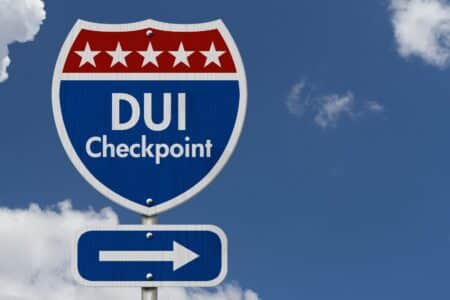
Right to Attorney Prior to Taking Chemical Test
As a practical matter, no, you may not talk to an attorney prior to a chemical test. The reason is because, at that juncture, a person is already in handcuffs and taken to the breath testing facility, wherever that happens





